We put children in charge of their own learning
When children lead — Imagination follows
Our Story
Our mission to foster a child-led, independent learning environment is a vital part of our family-owned and operated center. When Stella Kung started the organization in 1996, she was a mother and finance professional who desired more time with her son. By understanding the needs of the community, Kuei Luck has been a vital support system for parents since its inception. Executive Director Kevin Kung has played an instrumental role in continuing the mission his mother started and expanding Kuei Luck with the addition of two Reggio inspired learning centers that provide our local communities with quality early childhood education. Our commitment to serving educators, children and families remains the cornerstone of what we do. There is nothing more rewarding than seeing our students have confidence in their own talents and strengths as they grow.
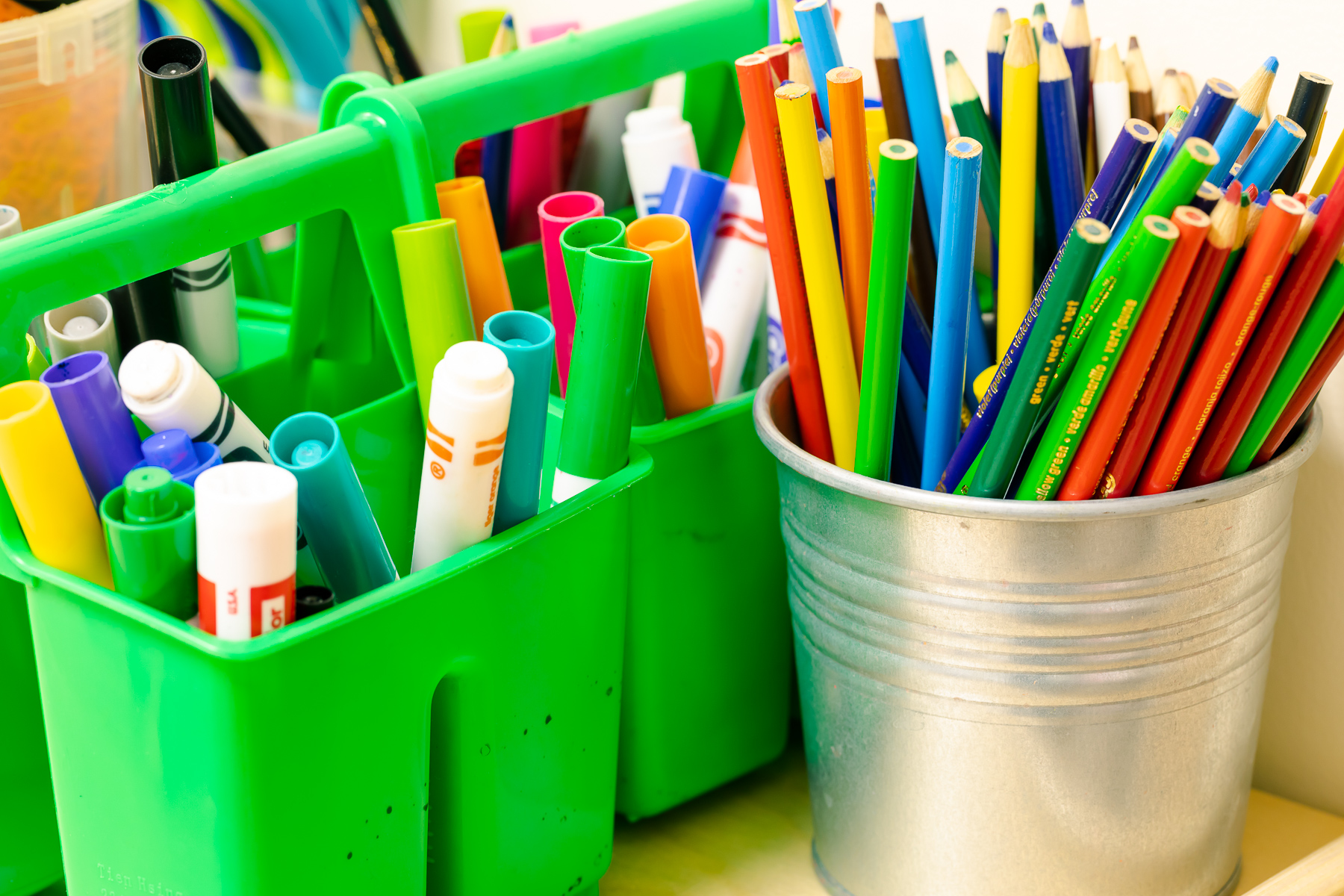
Our Philosophy
Why child-led learning?
Child-led learning starts with creating a new dialogue for how we speak and interact with children. Instead of superimposing ideas or simply providing answers to memorize, our educators help children develop hypotheses, explore, and develop confidence to solve problems on their own. By engaging children with curiosity, we foster an environment that is supportive to their social, emotional, and growth.
Language Immersion
As the world becomes more interconnected, learning a secondary language is an advantage our students have for becoming global citizens. Studies have found that children who learn second languages early in life demonstrate advanced creativity, critical thinking and the ability to retain information.The ages of 0-5 are critical for establishing a strong foundation for secondary language that enables children to become flexible learners who expand their decision-making skills, academic achievement, and attitudes toward other cultures.
Benefits of early language immersion include:
- Improved memorization skills
- The ability to articulate ideas and emotions
- Strong mental focus and stamina
- Cognitive flexibility and development in formative years
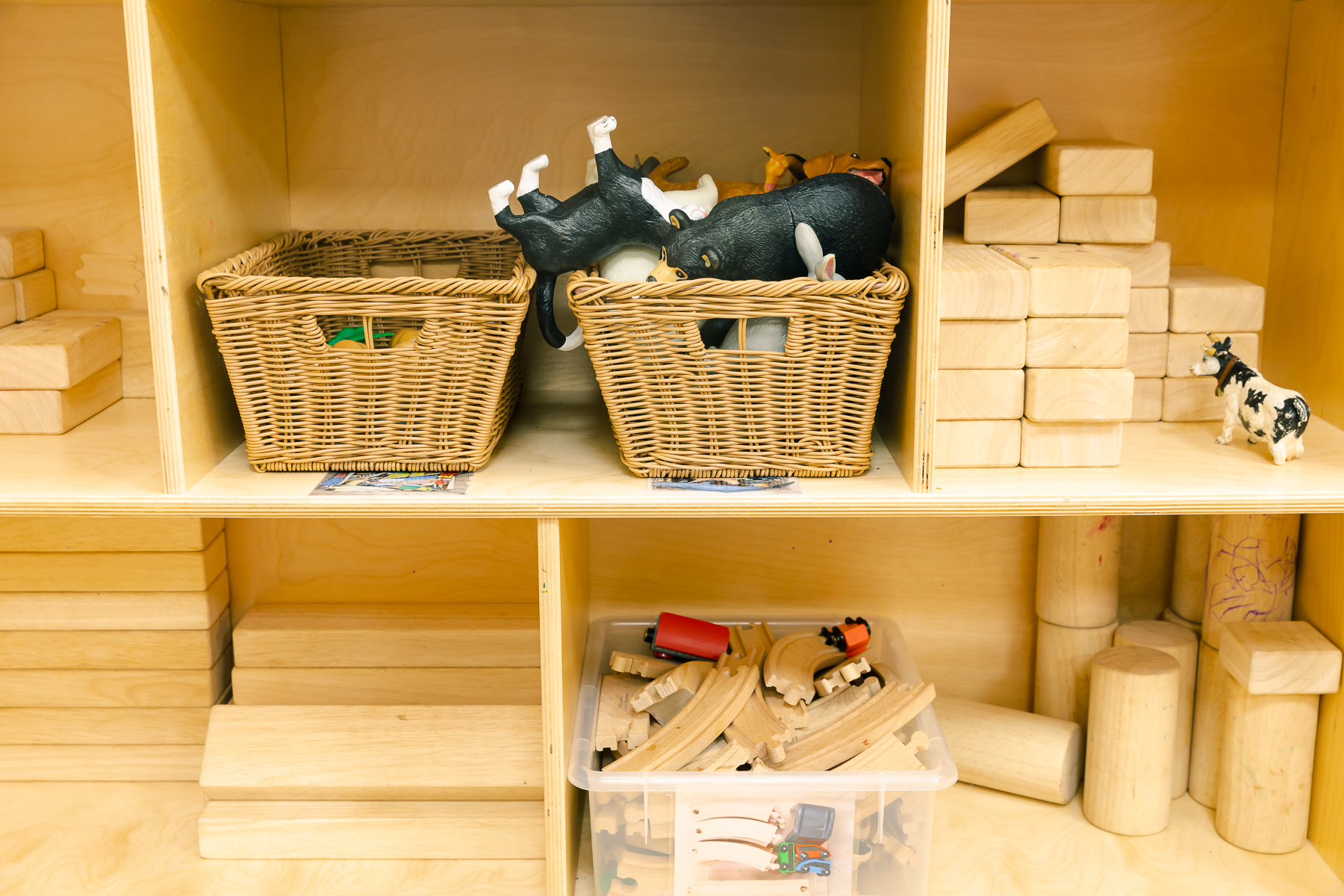
At Kuei Luck Early Childhood Center, each classroom includes an English-speaking teacher and a Mandarin speaking teacher. During the school day, the children hear and engage naturally with both languages simultaneously. The children will learn common phrases, songs, rhymes, games and more in Mandarin. Using visuals, repetition, and a keen ability to learn a second language, the children benefit from this experience. This immersive experience enables children to develop proficient speaking skills in Mandarin and English. Many of our students develop an appreciation for China and other cultures throughout their lives.
Our Facilities
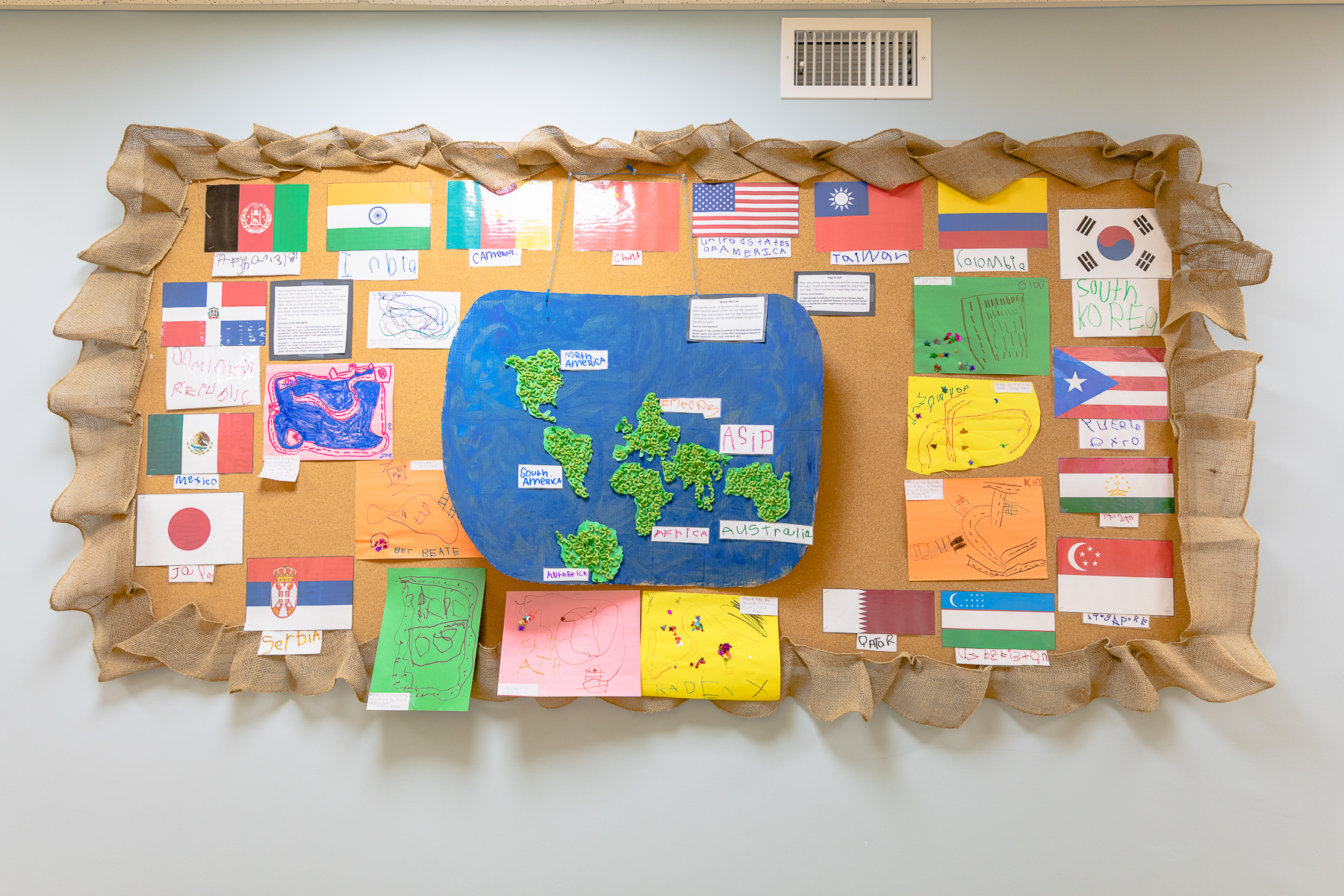
The Reggio Emilia philosophy views the classroom as the third teacher. For this reason, each learning space in our facility is designed with minimal, yet inviting design that encourages creativity and eliminates over stimulation. From wooden toys and furniture to open play areas, children are invited to engage in play and exploration. Classrooms include large bulletin boards and ample wall space to showcase the activities of our students and provide further engagement through deeper learning.
Our facilities have also been designed to support independent learning and practical life skills. For example, each classroom includes an attached bathroom. Children will also find an indoor activity room designed with a sun-strewn open space for movement, ball play, a climbing wall and a loft that encourages imaginative play. We take safety seriously and each room requires electronic access for entry.
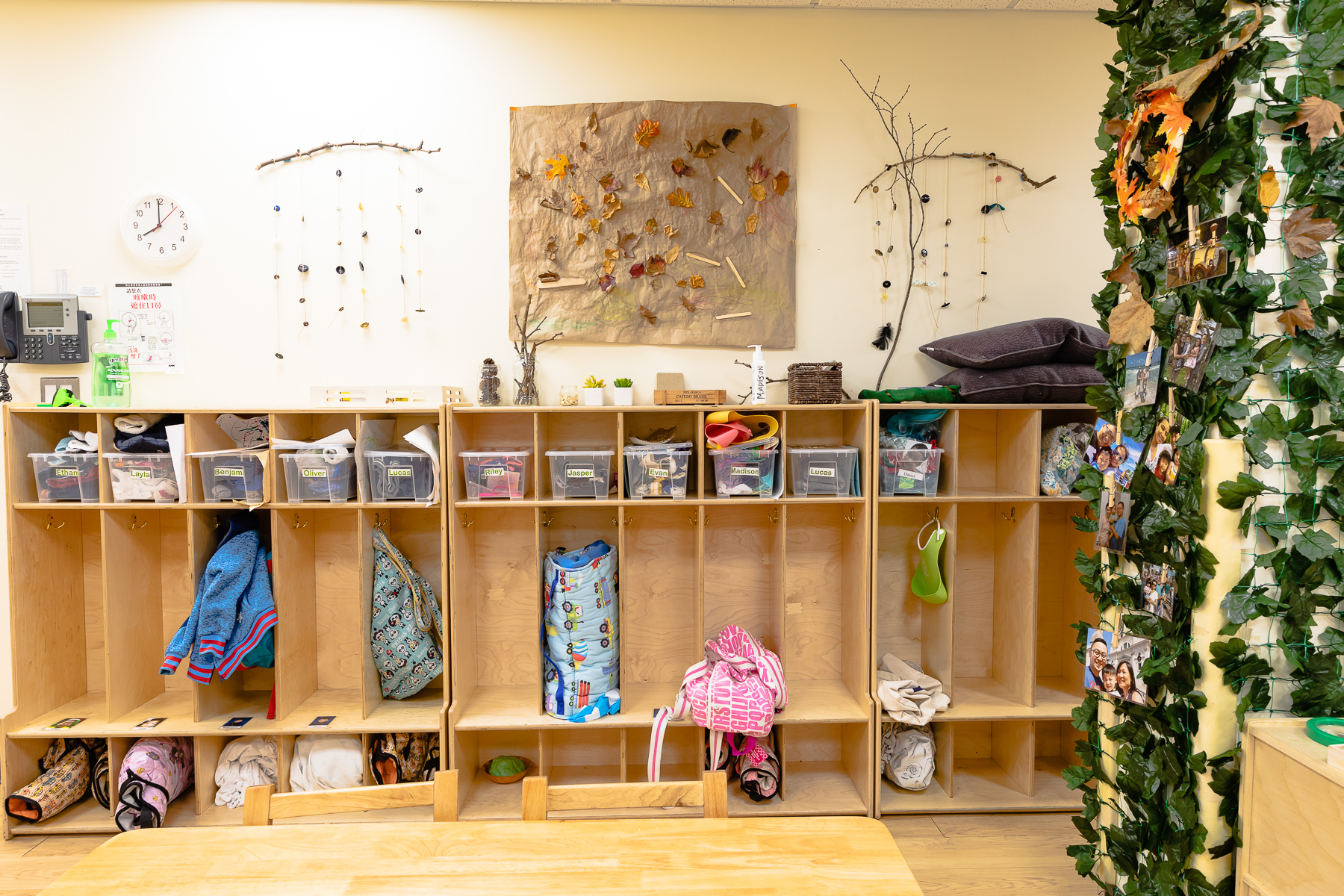
COVID 19 Safety
- All HVAC systems use MERV 13 filters or higher
- UVC Lights as well as Bi-Polar Ionization air filtration installed
- Thermal cameras to read individual's body temperature
- Daily electrostatic spraying/disinfecting
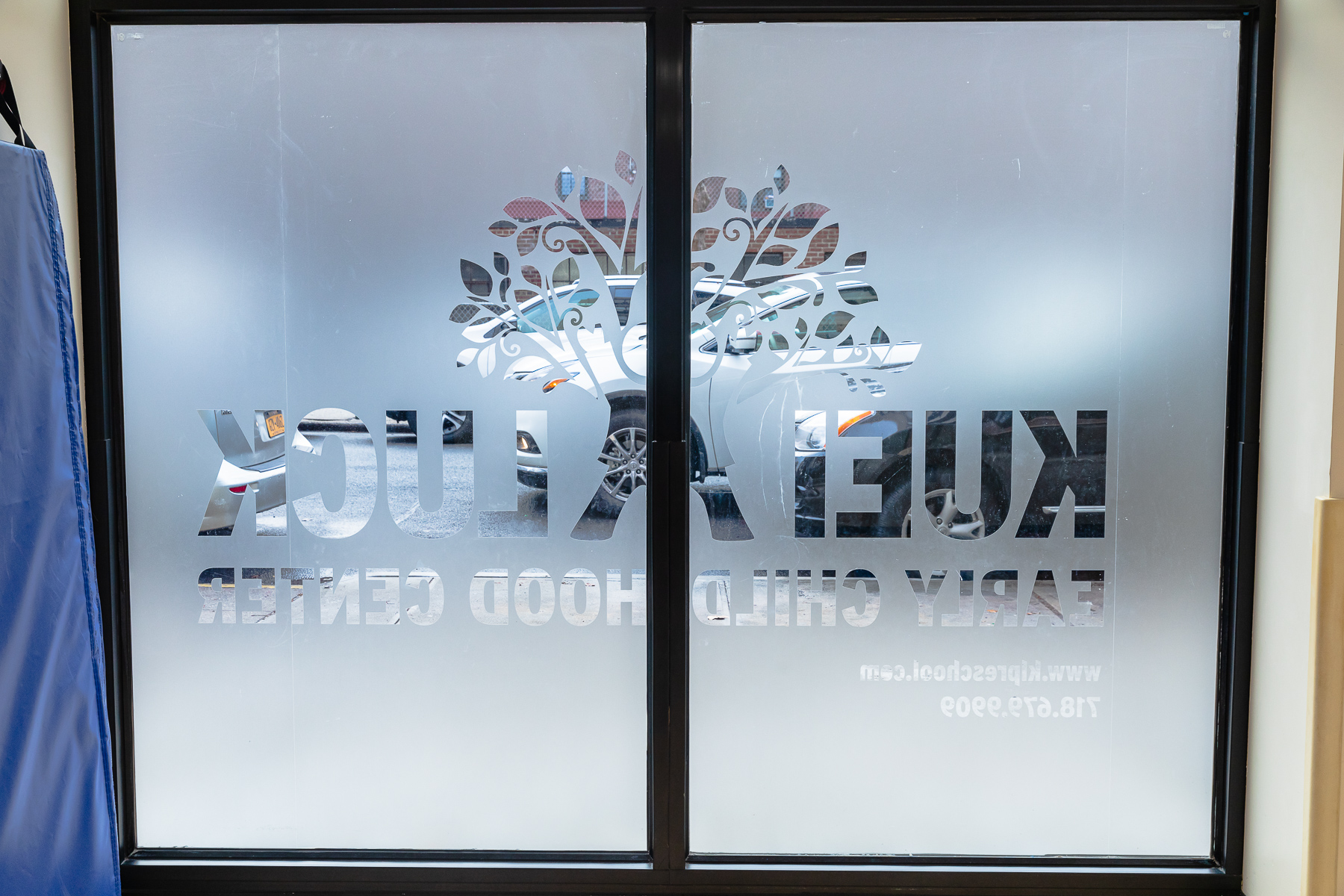
The Reggio-Emilia Approach
"Reality, as always happens in children's hands, reveals once again its infinite potential for transformation." - Loris Malaguzzi (1920-1994)
The Reggio-Emilia philosophy views children as active partners in designing their own learning experiences through various vehicles for self expression. The Reggio-Emilia model emerged in Italy after World War II and this child-centered approach to learning has been adopted as a gold standard for early childhood learning in more than 145 countries and territories around the world.
Italian educator Loris Malaguzzi played an instrumental role in the development of the Reggio-Emilia approach and pioneered the hundred languages principle that refers to the importance of providing children with a wide variety of ways to express their ideas and interpretations of the world around them. These modalities for learning include talking, writing, acting, art, experimentation, dance and play. As educators our role is to facilitate an environment conducive to self-directed learning while fostering further evaluation and exploration.
Learning Inspired By Children
As a Reggio-Inspired Mandarin Immersion Nursery and Preschool, we leverage the values and approach of the Reggio Emilia learning philosophy. These values are based on seven guiding principles.
- Children Are Capable To Construct Their Own Learning.
- Children Are Collaborators and Learn Through Interactions within Their Communities.
- Children Are Natural Communicators and Should Be Encouraged to Express Themselves However They Feel Best.
- The Classroom Environment Acts As A Third Teacher
- Teachers are Partners, Nurtures, and Guides Who Help Facilitate the Exploration of Children’s Interests As They Work on Short and Long-term Projects.
- Documentation is a Critical Component of Communication
- Parents Are Partners in Education.
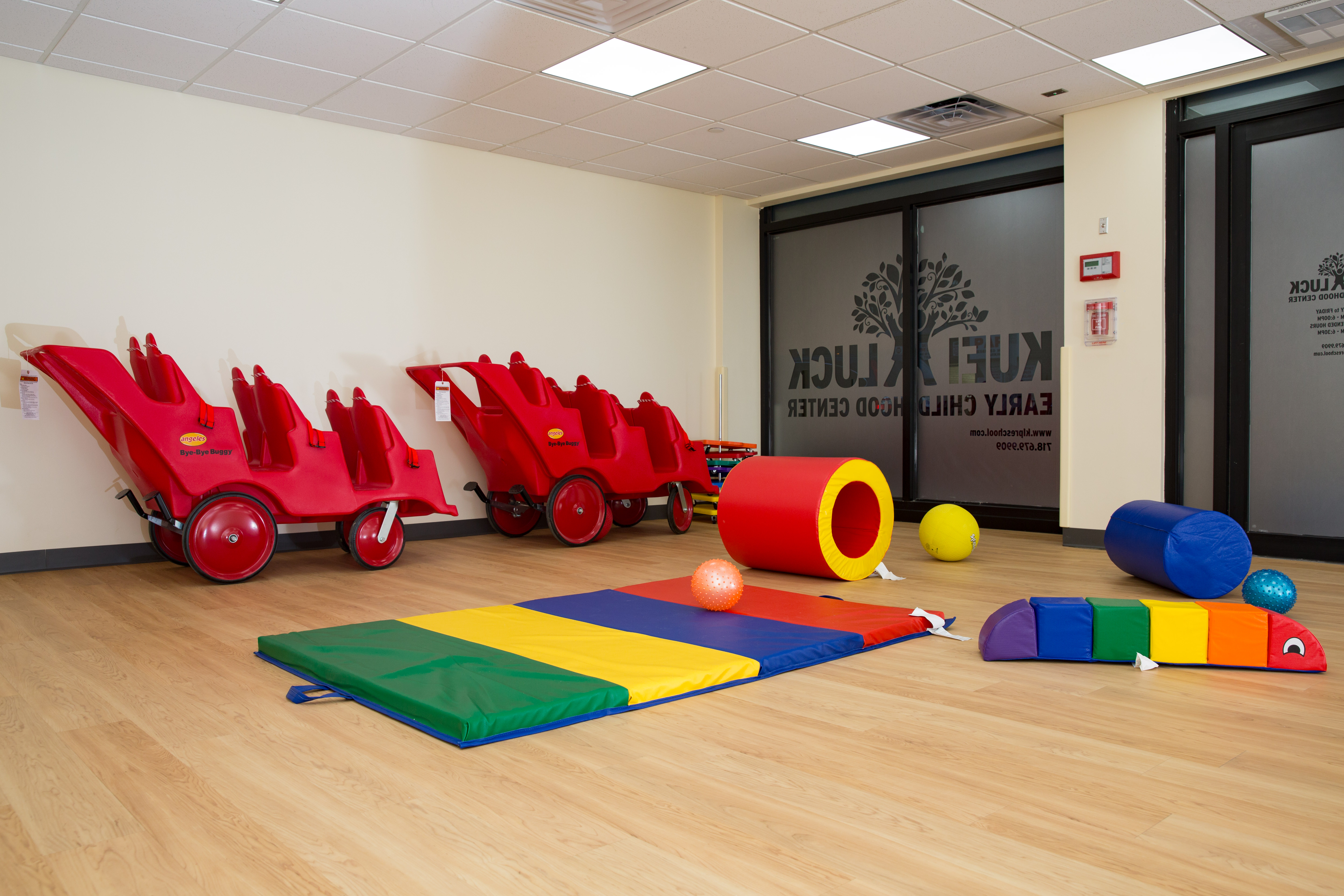
The principles of Reggio-Inspired Learning
Long-term projects foster deeper learning
Teacher and Student Collaboration
Environment as the Third Teacher
Fostering Self Expression
"Play is the highest form of research."
— Albert Einstein
Have Questions?
Contact Kuei Luck Early Childhood Center today to get started.

